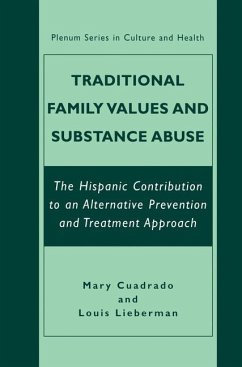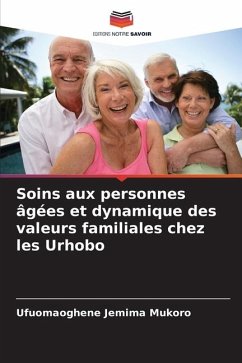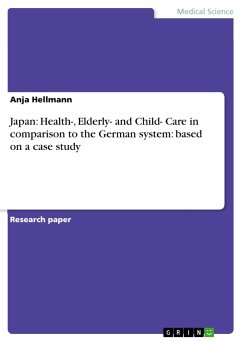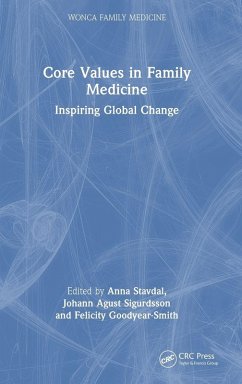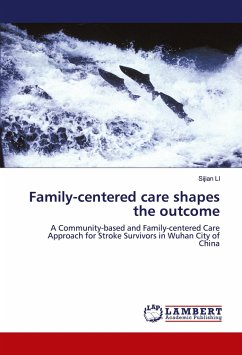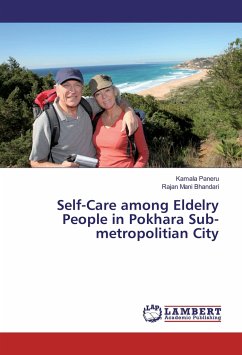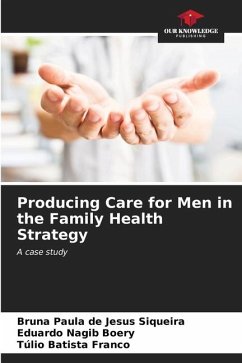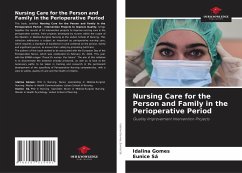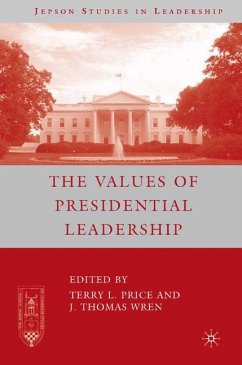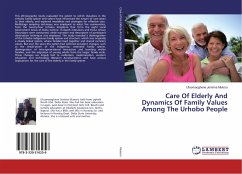
Care Of Elderly And Dynamics Of Family Values Among The Urhobo People
Versandkostenfrei!
Versandfertig in 6-10 Tagen
37,99 €
inkl. MwSt.

PAYBACK Punkte
19 °P sammeln!
This ethnographic study evaluated the extent to which dynamics in the Urhobo family system and values have influenced the nature of care given to their elderly, and explored modalities and strategies for effective care. Multistage sampling technique was employed to select five communities, from the twenty-four Urhobo kingdoms that form the eight Local Government Areas of Delta Central. In-depth interviews and Focus Group Discussions were conducted, while narration and description of participant observation technique was employed. The study revealed a disintegration of the Urhobo indigenous fam...
This ethnographic study evaluated the extent to which dynamics in the Urhobo family system and values have influenced the nature of care given to their elderly, and explored modalities and strategies for effective care. Multistage sampling technique was employed to select five communities, from the twenty-four Urhobo kingdoms that form the eight Local Government Areas of Delta Central. In-depth interviews and Focus Group Discussions were conducted, while narration and description of participant observation technique was employed. The study revealed a disintegration of the Urhobo indigenous family system and structure, which was originally a closely linked system, where families lived together and shared common values. But over the years this system had suffered prevalent changes, such as the break-down of the indigenous extended family system, disintegration of inter-generational interaction and bonding within families, and the migration of young adults from the larger family circle. These changes are largely tied to civilization, modernization, western education and technology (Western Acculturation); and have serious implications for the care of the elderly in the family system.



